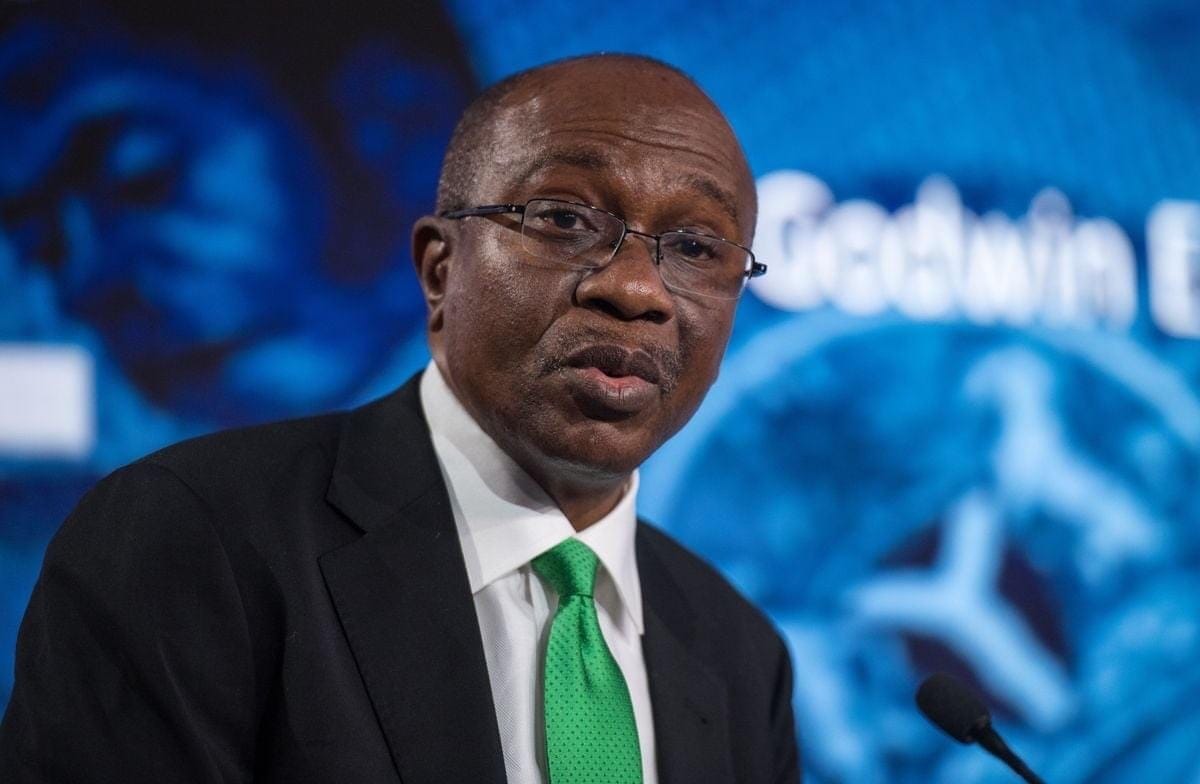The International Monetary Fund (IMF) and the World Bank have cautioned the Central Bank of Nigeria (CBN) over its handling of the transition from the old Naira to new banknotes.
Nigeria’s financial regulator announced in October 2022 that the N200, N500 and N1,000 banknotes will be redesigned. It later released the new Naira notes in December and chose 31 January 2023 as the deadline to phase out the old version.
Join our WhatsApp ChannelREAD: CBN Sets Limit For GTBank, Zenith Bank, Others On New Naira Withdrawal
However, days before the January deadline, the central bank extended the timeframe to 10 February 2023. Despite the extension, the transition has not been smooth, with Nigerians unable to access their money in the bank.
This prompted attacks on financial institutions, forcing banks to close early during business hours and shutdown some of their branches that are exposed to attacks.
According to the IMF and the World Bank, the timeframe chosen by the CBN is too short and could increase the hardship faced by the lower class or poor population.
In a statement after the visit of its Nigerian resident representative, Ari Aisen, the IMF said: “In light of hardships caused by disruptions to trade and payments due to the shortage of new bank notes available to the public, in spite of measures introduced by the CBN to mitigate the challenges in the banknote swap process, the IMF encourages the CBN to consider extending the deadline should problems persist in the next few days leading up to the February 10, 2023, deadline.”
Also addressing the situation, the World Bank’s Senior External Affairs Officer for Nigeria, Mansir Nasir, told Punch that such a transition usually takes one year or more.
“Periodic currency redesigns and demonetization of older notes are normal internationally. However, they usually involve transition periods of one year or longer so as to minimize economic disruption.
“After the Central Bank of Nigeria announced the naira redesign on October 26, 2022, with a short implementation timeframe through January 31, 2023 (now extended for a short additional period until February 10, 2023), the World Bank expressed concern about the timing and short transition period (see Nigeria Development Update, December 2022),” Nasir said.
Their statements followed the ruling of the Supreme Court which ordered the CBN and the Federal Government not to effect the 10 February 2023 deadline until it makes a final judgement on the case between three Northern states and FG on 15 February.


















Follow Us